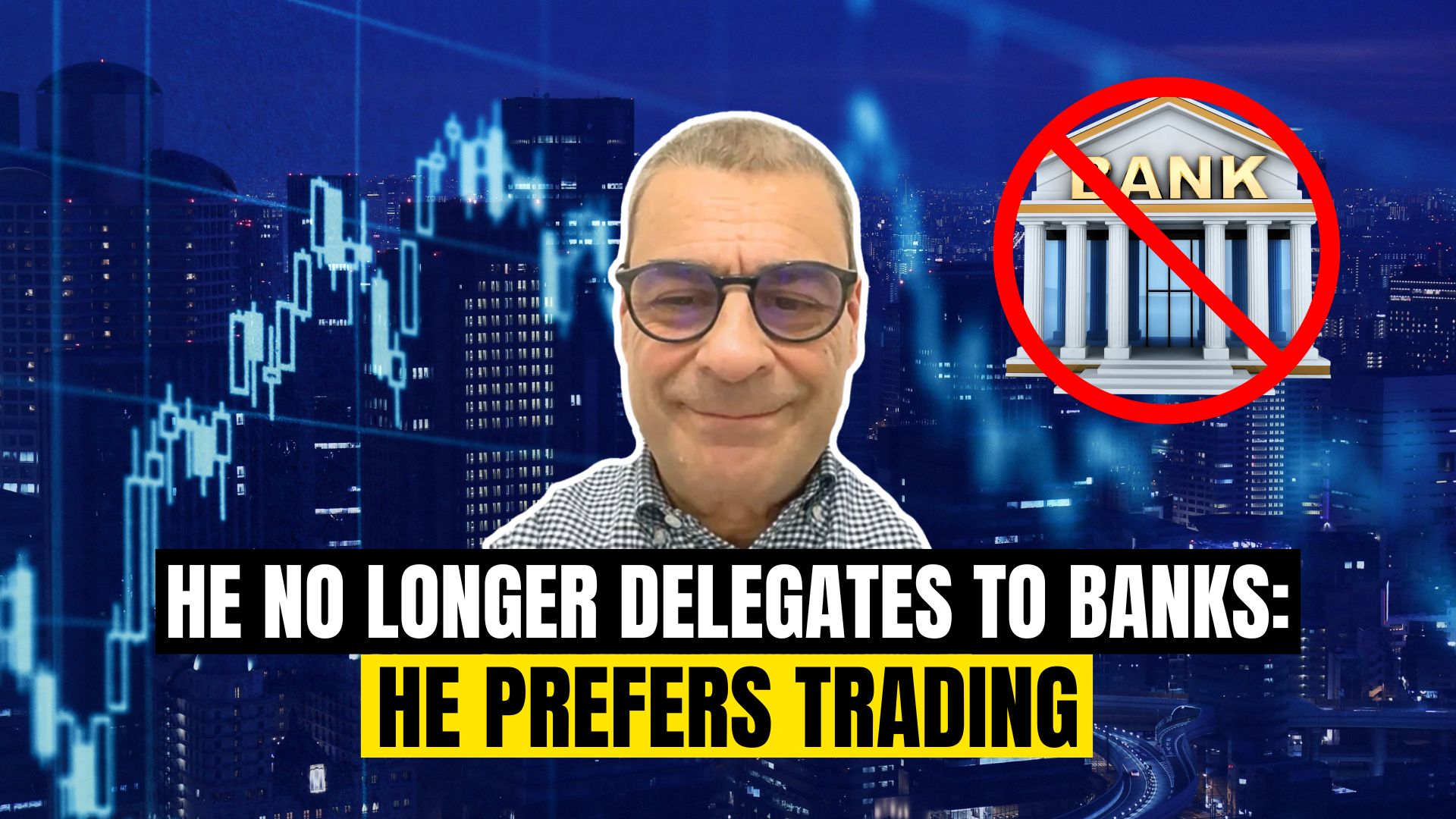Hi guys, hi from Andrea Unger! Many people wonder which markets they should decide to trade. Forex, CFDs, futures, stocks… which suits you best? Today, I’d like to give you some pieces of advice that I hope will help you take your decision.
Here is a question that comes up quite often: what market should I trade? First of all, this obviously depends on each one’s preferences. However, I think there are some general rules we can stick to.
Normally, Forex and CFDs are a good choice for all those who can’t or don’t want to dedicate a large capital to trading. If you don’t have a large amount of money in your trading account, you’re nearly compelled to use instruments such as Forex and CFDs, as they allow you to scale down your position as much as you need to trade with a reasonable risk level.
In theory, scalability is possible on stocks as well. However, the commissions you have to pay when you enter positions on the stock market are not proportional to the capital you put in that position. So, if you trade with a very small amount of money, the cost of the operation will be excessive, compared to its possible profits.
I don’t know if there are brokers who offer commissions in percentage of the capital you invest. In Italy, there was one who did it. However, I’m not sure he’s still there. So, in case you know something, write it in the comments so that everyone can know this useful piece of information.
Trading costs in Forex and CFDs are different. Besides spreads, there are further costs you need to keep in mind. There are hidden costs as well as costs that, although they are openly shown by brokers, are sometimes neglected by traders (swap overnight, for instance).
These things have an impact, so, you have to evaluate them carefully.
Generally speaking, in Forex and CFDs costs are proportional to the amount of money you put in the single trade.
If money is not the problem, you can open your horizons to stocks and futures.
I don’t trade stocks anymore, but I used to in 2007. Then, I did it in two different ways. One way was with the same strategies or models I use today for the futures market, so breakout or countertrend entries, intraday or overnight (depending on the models) and filters to decide if to take a trade or not.
The second way consisted in using a radar screen with daily patterns to have the setups and enter on the open, eventually exiting on the close, long or short according to the pattern.
I stopped that because I think different positions are too correlated. I know that there are different sectors and that not all stocks behave the same way. However, you still trade the same family of markets. This means that, when there are major moves, most markets will move up or down. So, there is a consistent risk of overexposure.
Having positions on correlated instruments made me move to the futures. This market allows for real diversification. You can choose from Grains, Metals, Energy futures, Stock Index futures and Currency futures.
There are direct and inverse correlations in futures as well. However, the level is lower and there is more room for diversification, and this reduces the overall risk of your portfolio.
Please notice that I’m neither promoting futures nor telling you not to trade stocks nor keeping you away from Forex or CFDs. I’m just telling you my opinion and the reason why I choose them instead of stocks.
I also don’t talk about options here, as this post is about standard markets.
To sum it up:
- if your capital is small, look at Forex and CFDs for the scalability they offer;
- if capital is not a problem, you can choose stocks or futures (I prefer the latter because of the opportunity of diversification they offer, which I don’t think is there in the other groups I mentioned).
I’d like to add that I see the stock market as an investment opportunity, building portfolios there to beat the benchmark. So, the way algo-traders should approach the stock market is by building something that grows more and declines less than the benchmark, which can be, for example, a reference index.
If you have any questions or suggestions, write them in the comments!
That’s all guys, I hope it helped.
See you next time, ciao from Andrea Unger!







